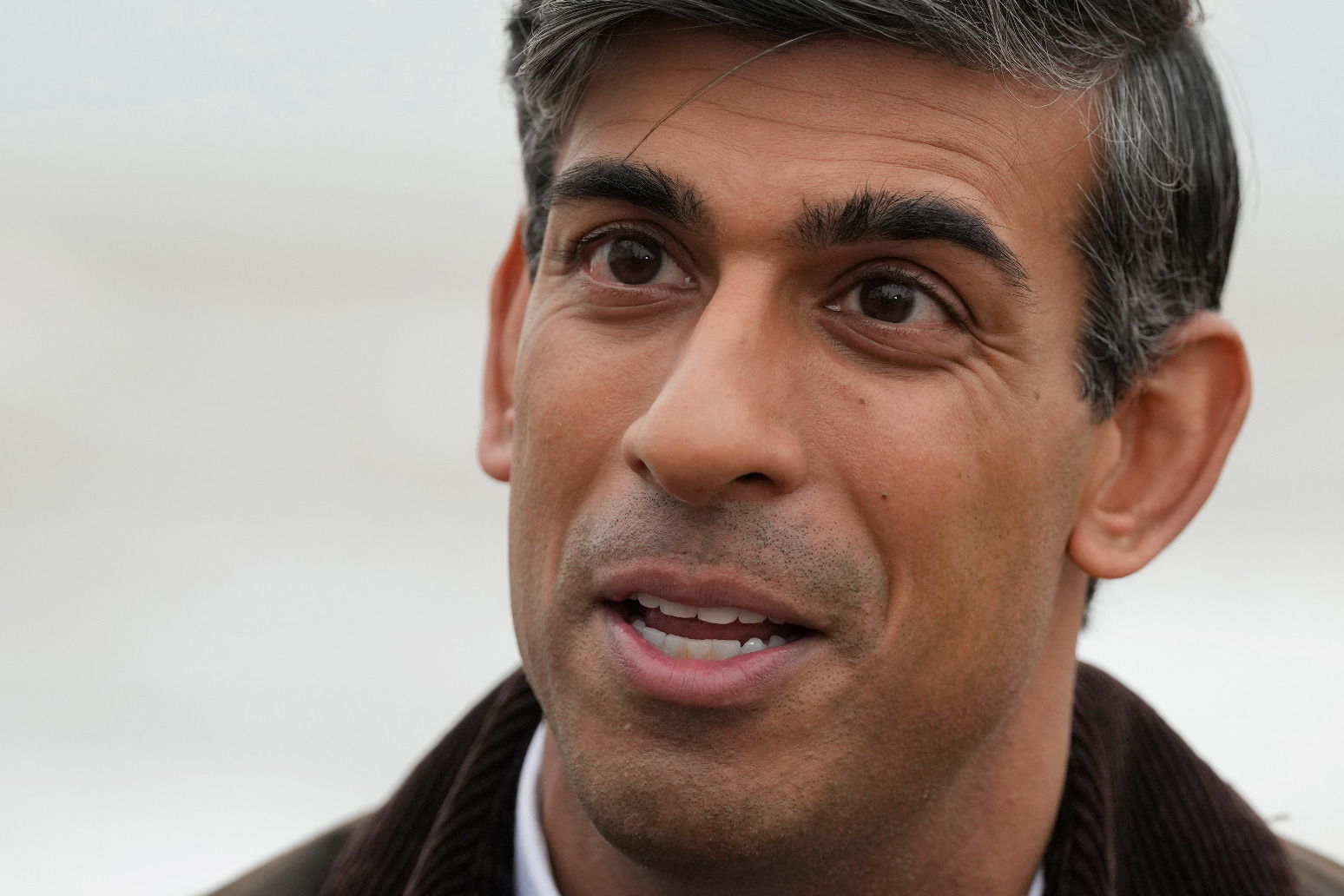
That’s according to the Prime Minister, Rishi Sunak
A deadly blast at a Gaza hospital last week was likely caused by a missile launched from within the region towards Israel, Rishi Sunak has said.
The Prime Minister said that the Government had been assessing the cause of the al Ahli atrocity since last week, but told MPs on Monday that it was “likely caused by a missile, or part of one, that was launched from within Gaza towards Israel”.
Hundreds of people are believed to have been killed in the blast at the hospital, which provoked condemnation around the world as well as rival claims about who was to blame.
Israel and Hamas both issued competing versions of events regarding the cause of the blast, with the Palestinian militant group blaming an Israeli airstrike.
The Israeli military blamed a misfiring rocket from the Palestinian Islamic Jihad group and released imagery and communications intercepts it said supported its case.
US President Joe Biden, during his visit in Tel Aviv, had sided with Israeli prime minister Benjamin Netanyahu and his government’s assessment of the tragedy.
Mr Sunak, who visited Israel, Saudi Arabia and Egypt last week, hit out at the “misreporting” of the incident, which he said had a “negative effect in the region, including on a vital US diplomatic effort and on tensions here at home”.
In comments cheered by parliamentarians, he said: “We need to learn the lessons and ensure that in future there is no rush to judgment.”
The Prime Minister also used the statement to confirm that the Government will provide an additional £20 million of humanitarian aid to civilians in Gaza.
RAF and Royal Navy assets will also be deployed to monitor the situation in Israel and Palestine.
It comes as the first aid convoys reached Gaza through the border with Egypt over the weekend, 20 lorries on Saturday and 14 on Sunday.
But the United Nations said much more was needed and the Rafah border crossing is still not open for foreign nationals seeking to flee bombarded and besieged Gaza.
Mr Sunak, who acknowledged that Palestinian people are “suffering terribly”, said that the new funding was “more than doubling our previous support”.
The Prime Minister told MPs: “I travelled first to Israel. It is a nation in mourning. But it is also a nation under attack.
“The violence against Israel did not end on October 7. Hundreds of rockets are launched at their towns and cities every day.
“And Hamas still holds around 200 hostages, including British citizens.
“In Jerusalem, I met some of the relatives who are suffering unbearable torment. Their pain will stay with me for the rest of my days.
“I’m doing everything in my power and working all our partners to get their loved ones home.”
A 22-year-old British dual national serving in the Israeli military was earlier named by his family as one of those killed in the Hamas attack.
Yosef Guedalia was a “righteous and good person” who was saving people “minutes before he got shot”, according to a remarks from his brother reported by the BBC.
Reports from Israel suggested the member of an elite commander unit was killed while confronting gunmen at Kibbutz Kfar Aza as Hamas carried out its atrocity on October 7.
Neither the Israeli embassy in London nor the Foreign Office could confirm his death.
Meanwhile, world leaders including Mr Sunak and Mr Biden were stepping up diplomatic efforts to prevent the Israel-Gaza war triggering wider bloodshed across the Middle East.
The Prime Minister and the US president, along with the leaders of France, Germany, Italy and Canada, called for Israel to respect international humanitarian law, demanded the release of the hostages held by Hamas and pushed for aid for Gaza.
The joint call on Sunday night came as the conflict threatened to spread as Israel continues preparations for a ground offensive in Gaza.
Responding to the Prime Minister’s statement, Labour leader Sir Keir Starmer welcomed the increase in aid.
He said that Israel had the right to defend itself, but stressed that international law had to be followed.
“Where Palestinians are forced to flee, they must not be permanently displaced from their homes. International law is clear.
“It also means basic services including water, electricity, and the fuel needed for it, cannot be denied.”
Published: by Radio NewsHub










